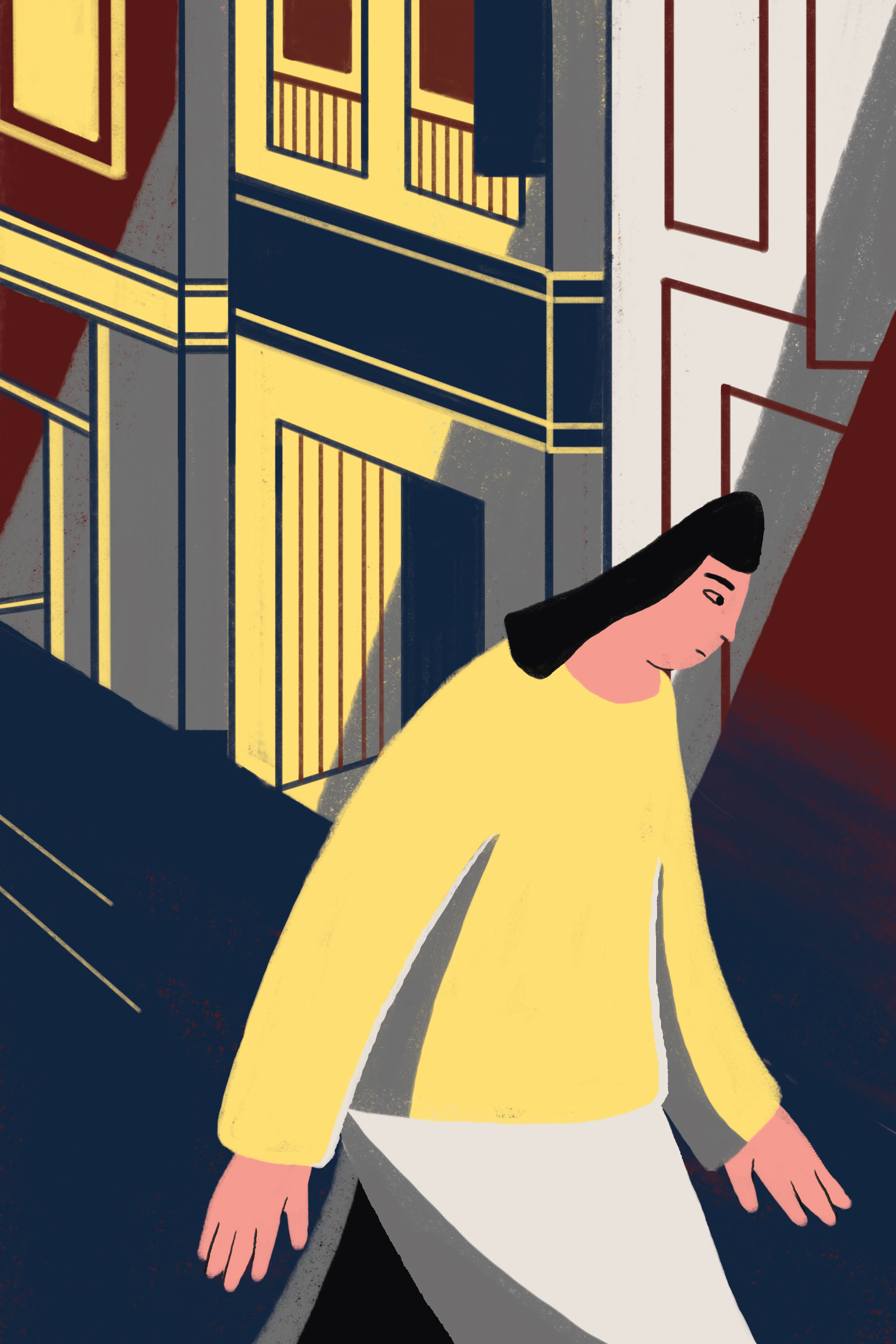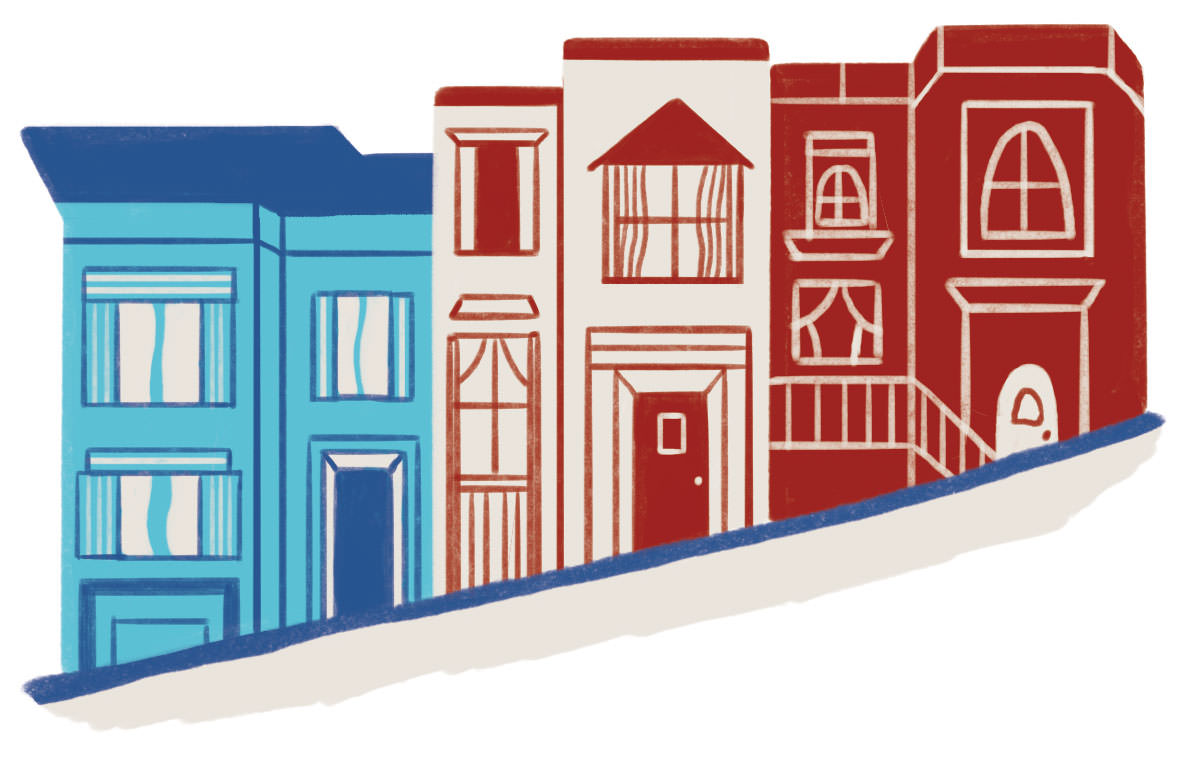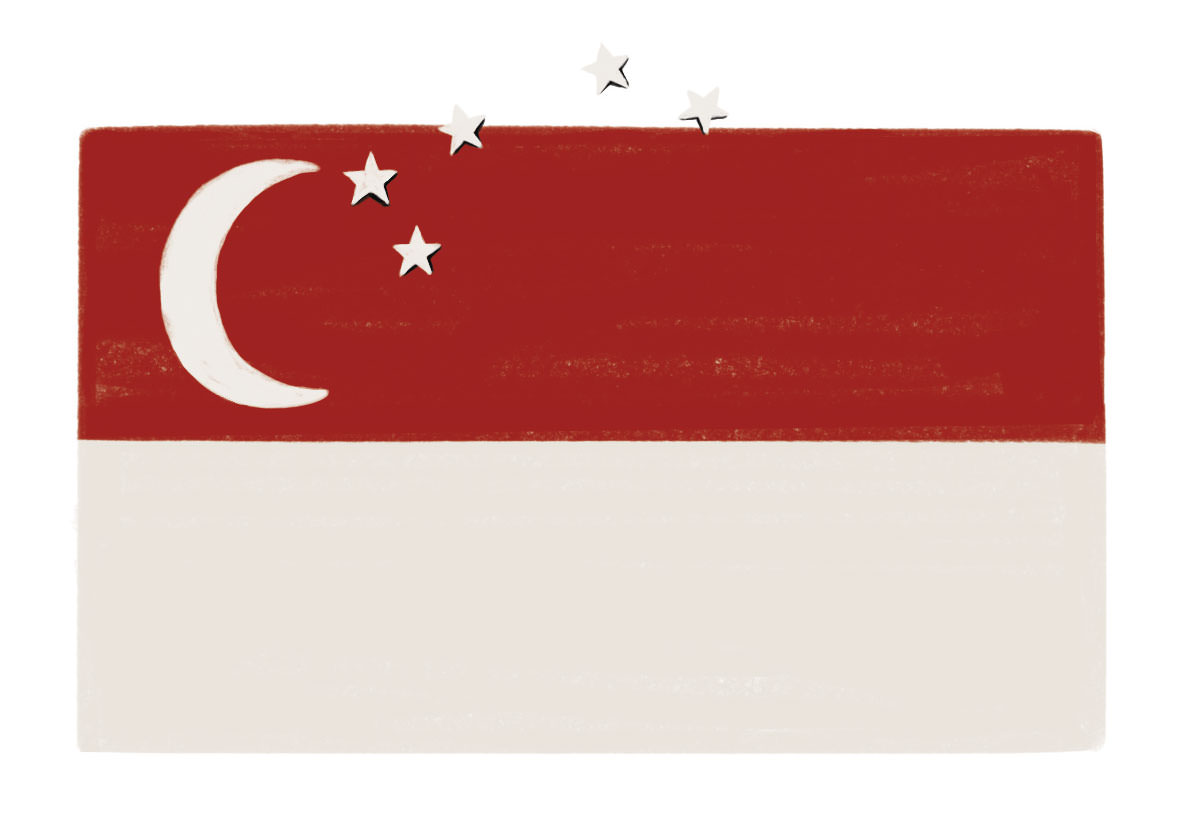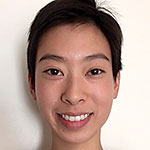
Like most young immigrants,I came to the United States for reasons outside of my control. At 9, my family moved to California from Singapore with every intention of moving back within a few years. In fact, my mother had paid next year’s school fees in advance to reserve my spot, and even purchased some of the textbooks for the next year so I could work through them while overseas (I was an impressively industrious student at the time).
Fast-forward 15 years: My family and I have yet to move back. My parents sold everything in Singapore, and we are now Green Card-holding Permanent Residents in the United States. On average, we have returned to Singapore every second or third summer, but I have learned to drive primarily on the right side of the road, have developed a particularly strong weakness for hamburgers, and am engaged to my born-and-raised-and-not-wanting-to-leave-California fiancée.
As a result, people often ask me, “Are you going to apply for U.S. citizenship?” I never quite know how to begin my answer.
I had actually started looking at the citizenship application early last year. Then Donald Trump won the elections, launching the United States into another wave of violent intolerances that even reached into the poignantly symbolic city of Berkeley, where I live.
As this new wave of racism, homophobia, and xenophobia grew, I happened to be in Singapore for the ninth annual Pink Dot — the country’s only and annual pro-LGBTQ event. That year, in response to new government restrictions barring foreigners from participating in or even attending Pink Dot, more than 100 local companies had signed up instead to sponsor the event, taking the place of large corporations like Facebook, Barclays, and Google. It was an uncommonly bold demonstration of grassroots progressivism and inclusivity in Singapore, that directly countered what I had been feeling in the United States.

At Pink Dot, I acutely felt the responsibilities and privileges of citizenship: It was only by presenting proof of my citizenship that I was able to cross the event barricades, to become part of a public and meaningful influence that I hoped would shape a place I loved into a country that would truly make me proud. It was this moment, too — having to leave my American fiancée standing outside the gates — that made me reflect the most on that balance of privileges, obligations, and burdens, of both my Singaporean citizenship and bi-national relationship.
For most people, I think dual citizenship solves most of their concerns. Singapore, though, does not permit dual citizenship.
Nevertheless, saying “no” to citizenship in the United States weighs heavily on my mind and heart. How dare I decline, when so many people have struggled and died for even a chance at citizenship in this country?
My story is part of why it is so crucial to disaggregate the data around Asian Americans: I am Chinese by ethnic heritage, though much less affected by immigration restrictions because I am Singaporean. And although I am southeast Asian by nationality, my social class and access is far greater than the average southeast Asian — many of whom have come to this country as refugees, military service members, or undocumented immigrants — because Singapore has become a small economic exception to the region. In fact, my red passport is currently tied with Sweden’s as the second most powerful passport in the world, as measured by the number of countries I can enter, visa-free.
In the face of the media’s dominant immigrant narratives, I feel guilty that I do not need American citizenship in order to do well in the U.S. At the same time though, I am heartbroken by the feeling that Singapore, my home country, does not really want me.
The truth is, Singapore has a lot to offer: Its education system topped all other countries in the Pisa rankings; it is one of the safest, cleanest countries in the world; its reserves are at well over USD $100 billion; and the food — well, the joke is that Singaporeans love our food so much that even the country is shaped like a mouth.

Yet the price for these benefits has also been heavy, particularly for those who do not fit the mold. Much of what Singapore has achieved was made possible through a series of highly regulated, oversimplified political and social categorizations applied by its government: People are grouped into just four racial categories upon which other social or educational programs are premised; our Freedom House scores are just 4 out of 7 for political freedom and civil liberties; government subsidies for housing are restricted to married couples or single people at least 35 years of age; and a few years ago, the country was ranked as the most stoic in the world. And even though Pink Dot has grown steadily each year since its inception in 2009, there are still no legal protections nor recognitions for LGBTQ persons.
So when I said “yes” to my soon-to-be wife, I also said “no” to fitting into Singapore’s government-approved models of existing. In so doing, I became half of a same-sex, biracial, bicultural entity that has disqualified me from those famous government-subsidized flats in which most Singaporeans live, and which has left my relationship outside of basic housing, workplace, and civil protections.
In California, I found some of these protections and social inclusions restored. I am currently able to attend a church, for example, where my female associate pastor is about to marry another female reverend, and my workplace is sponsoring my attendance at the “Lesbians Who Tech” conference later this year. But it is difficult sometimes, living as an Asian immigrant in a country where I don’t feel as if I really fit.
In general, I think an important piece of my definition of “home” is the security and flexibility to access and be with people who are important to me. And this can mean both the large-scale abilities to cross distances and borders, as well as day-to-day access. While visiting Singapore with my partner, for example, it was a relief for me to blend in, visit with relatives, and recover the creole sounds my tongue was first shaped to pronounce. While there, I saw how we would statistically be much safer, physically, than in the United States. But I also thought often about how I would not be able to easily visit my wife in the hospital in an emergency, if such a situation ever arose.
For now, maintaining the combination of my U.S. Green Card and Singaporean citizenship remains the best way for me to retain the fullest possible access to my bi-coastal “home”. I remain constantly aware that this is a prized pair of immigration statuses to hold, and I am thankful every day that I have such open access to these two countries. I would maintain this status quo without a second thought, too, if I were not discerning a potential pastoral call that would require me to be a U.S. citizen.
As a Christian person and seminary student, I am pained and frustrated because the governmental organizations that oversee my life continue to fall so short of what I believe God ultimately wants for me and all people. I believe that God sees and desires for each person the validation, protection, and celebration of the fullness of their being; that God loves all the intersections of a person that make them whole; and that our increasing ability as a community to see and support the entirety of the persons who are our neighbors represents the incremental arrival of Heaven on Earth. Thus far and with only a few exceptions, the need for governments to hold tightly to whose people are “theirs” and whose are not has felt like a wall against which increasingly globalized communities and relationships are colliding.
It is a difficult journey to cling to the promise of what could be, and recognize the reality of what is. For now, I have renewed my green card. Tomorrow, I’ll continue praying for better.

Kylie Foo (she/they) is Singaporean-Californian, surprisingly short to most people, and currently on leave from being both a seminarian and tech industry worker. Reach out to them on Twitter @krfoo.

Janice Chang is an illustrator/designer from Los Angeles who recently graduated from Art Center College of Design. She loves creating characters, people watching, eating and admiring food, stop-motions, ceramics, and last but not least, chips. Her work can be found at janicechangart.com.